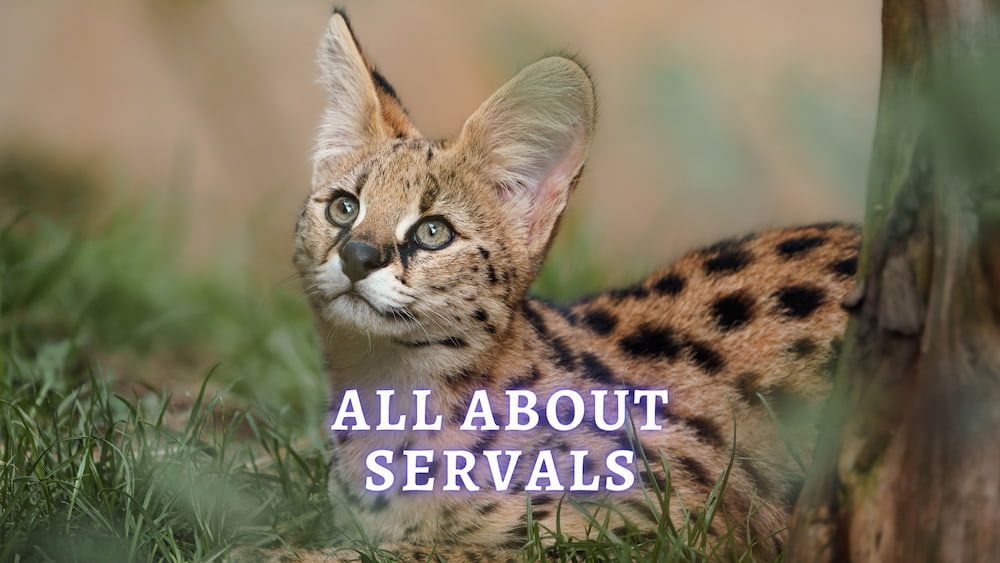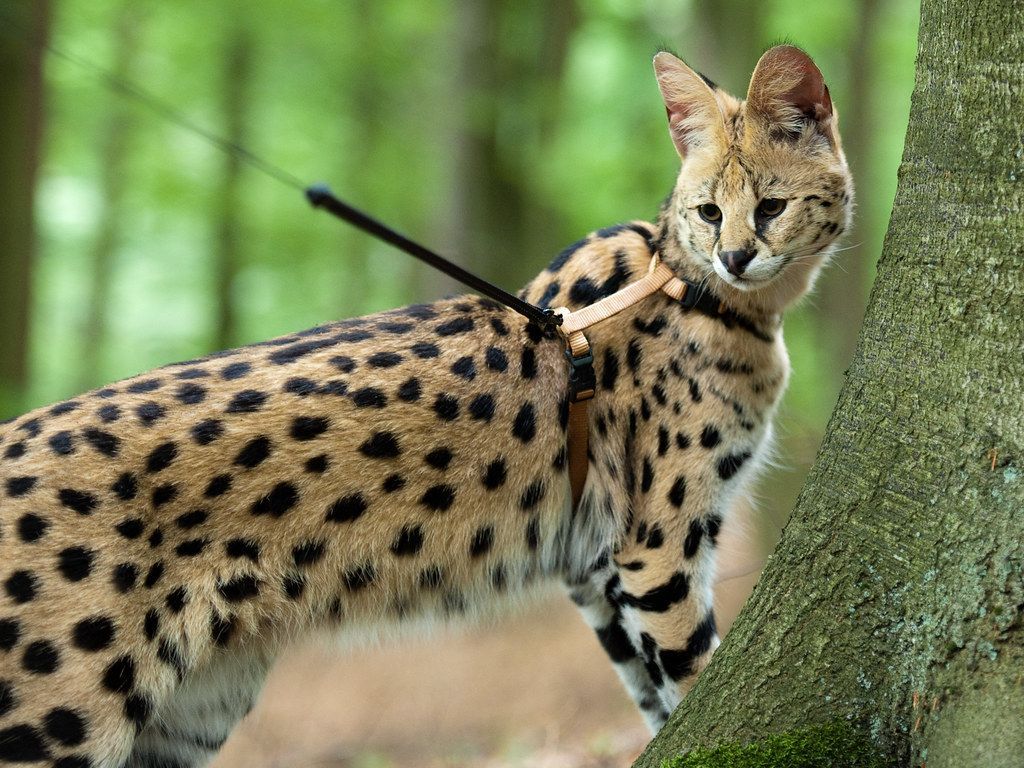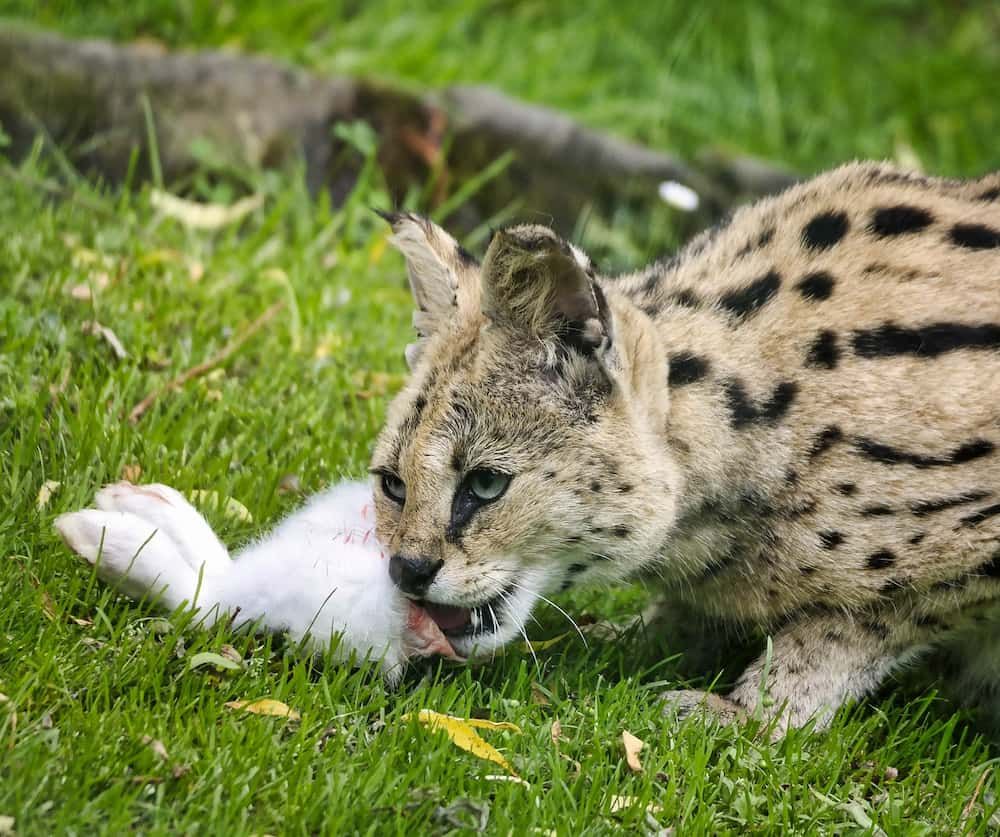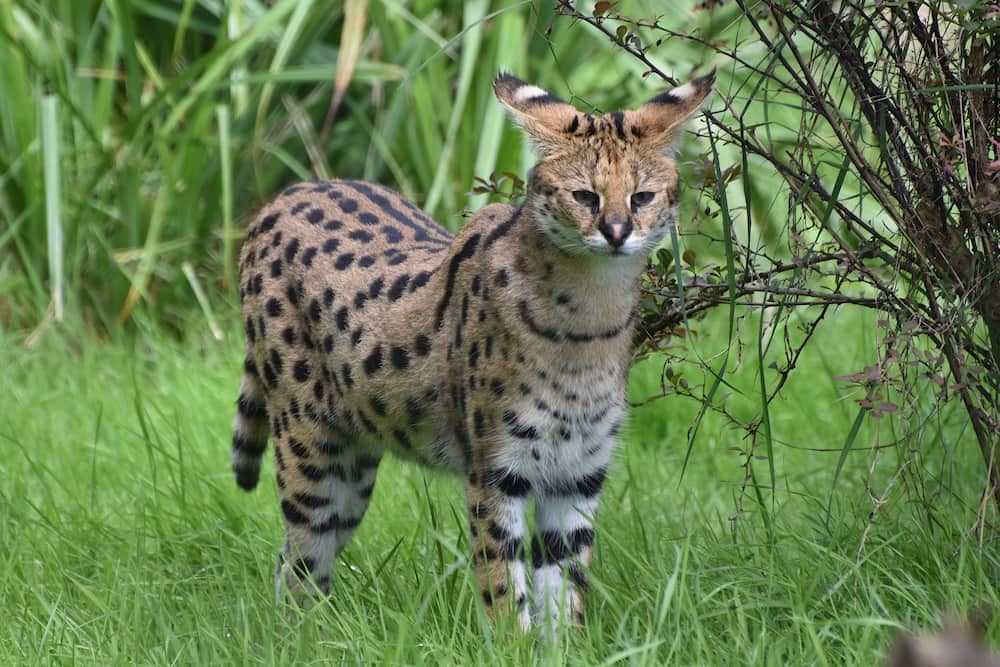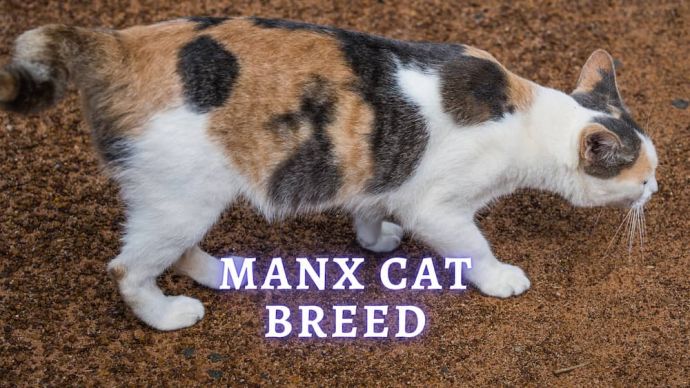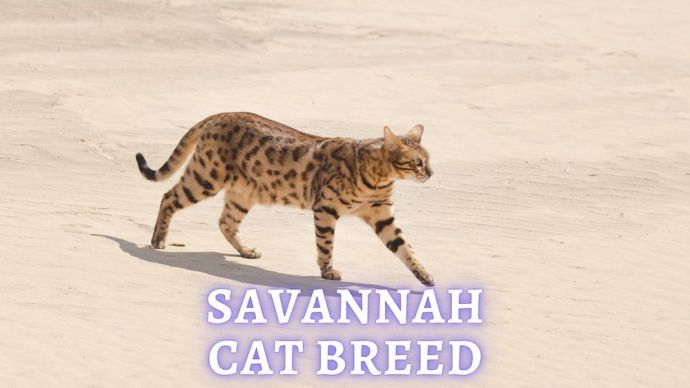Serval: Everything You Should Know About Owning Serval Cat
Written by:
Author: Elle Veranth
A copywriter for articles and blogs about pet care, food, beverage, and business. Has always had a passion for writing and editing, but began taking freelancing seriously fairly recently.
View all 29 articlesLearn about our editorial process and veterinary review board.
Viewed: 432
Updated on: 12/27/2022
Servals are gorgeous, wild cats that are native to Africa. They can be kept as exotic pet cats in the United States, but they are not legal in all states. Some states require potential owners to obtain a license before purchasing.
Serval cats require very different care than ordinary housecats due to their wild nature. They most certainly are not the right pet for the average household. It is very important to do extensive research on exotic pets before committing to one, so read on to learn more about these exotic animals.
Characteristics
| Weight | 20 to 40 pounds |
| Height | up to 24 inches |
| Colors and Patterns | golden yellow with a black-spotted and striped coat pattern |
| Lifespan | up to 22 years in captivity |
| Suitable for | people who live somewhere legal to own one, people with a lot of outdoor space, people willing to invest a lot of time and money into caring for a serval, families without children or other animals |
Breed History
Serval cats (Leptailurus serval) are native to the tall grasses of sub-Saharan Africa, where the animal diversity web is extensive. These cats enjoy having a lot of space to roam free. Their home territory often spans several miles. They look similar to cheetahs, but they are smaller in size. This wild cat also has long legs, a shorter tail, and larger ears.
The ancient Egyptians kept serval cats as pets and featured them in Egyptian art, but they have never been fully domesticated. This beautiful cat was also the symbol of the famous Italian Tomasi family. The breeding of these wild cats began in the United States approximately a century ago. Some serval cats are several generations removed from their original wild ancestors, but they may still be subject to certain exotic pet restrictions. [1]
Interesting Facts
Currently, it is legal to own serval cats in 17 U.S. states. In states such as Texas, Mississippi, Missouri, Oklahoma, Indiana, Pennsylvania, Rhode Island, Maine, Montana, Idaho, North Dakota, and South Dakota, you will need a license to own one. It is possible to own one without a license in North Carolina, Alabama, Nevada, and Wisconsin. [1]
Remember, laws can change, so it is important to keep up with the current exotic pet regulations in your state.
Serval cats typically only bond with just one human owner, but not always. All cats are unique, so one serval may be friendlier than another and vice versa. It is highly recommended to not bring a pet like this into your home if you have children and/or other pets. They can easily injure a small child, even if they don’t mean to.
Personality
| Potential for Playfulness | 4/5 |
| Activity Level | 5/5 |
| Friendliness to Other Pets | 1/5 |
| Friendliness to Children | 1/5 |
| Grooming Requirements and Shedding | 2/5 |
| Need for Attention | 3/5 |
| Affection Toward its Owners | 2/5 |
| Intelligence | 5/5 |
| Independence | 5/5 |
Activity
A serval cat’s daily activities should resemble what its day-to-day life in the wild would be. This includes a lot of roaming and exploring outdoors in a relatively warm climate. These cats will be extremely unhappy being trapped indoors all day and will quickly become destructive when bored. This wild animal can easily damage furniture with its teeth and claws and knock over breakable items as well.
Remember, a serval’s North African range home spans several miles, so plenty of space is vital. Their habitat should allow them to run, jump, and climb. In the wild, they do not chase their prey. Instead, they wait for it to come close and jump on it. In fact, serval cats are some of the best hunters in Africa. An activity that a serval in captivity would likely enjoy is its owner throwing a toy high into the air so it can pounce on it.
How Long do Serval Cats Live?
Serval cats can live up to 22 years in captivity. [2] This is longer than the lifespan of the average domestic housecat, so be ready to commit to caring for one for potentially more than two decades.
READ MORE: Rare Cat Breeds
Care
Serval cats are wild animals, so they will need enough space to exercise their natural wild instincts. However, please do not view this as them being able to fend for themselves. They will still need you to care for them, despite their independent nature.
Their enclosure should be kept clean and secure. If a serval escapes, they could potentially attack somebody or their pet. Unlike some other cats, they enjoy playing in the water, so they would appreciate a pool to splash in. They should also have an outdoor shelter and some tall grass to hide in. Having a property that is secure enough to house a serval can quickly become expensive, so be aware of that.
Diet and Nutrition
Though they hunt for their prey in the wild, a pet serval will need to be fed by its owner. Their diet mainly consists of rodents, rabbits, birds, fish, frogs, and reptiles. Larger prey is not on the menu. Owners should preferably feed with their prey while it is still living so it can eat like it would in the wild. These cats often like to hunt at night, too.
Common Health Problems
The most common health problem noted in serval cats kept as pets is the risk of choking. They are curious creatures and may attempt to swallow foreign objects. [1] This could pose a choking hazard or lead to a bowel obstruction.
Another extremely important note is to ensure that you have access to an exotic animal veterinarian before considering adopting a serval cat. Note that these vets can be quite expensive as well. If there are no exotic pet vets in your area, please do not adopt a serval.
How Much Does a Serval Cat Cost?
Owning a serval is quite expensive, including the initial investment for the animal itself. The cost can vary depending on the bloodline, location, and reputation of the breeder. It is estimated that the cost of a serval cat is somewhere between $5,000 and $9,000. [3] In some cases, they may cost more. Be cautious of low prices that seem too good to be true.
RELATED: Most Expensive Cat Breeds
Can a Serval Cat Mate with a Housecat?
A serval cat can mate with a domestic housecat. This hybrid cat breed is known as a Savannah. Savannah cats typically resemble a lot of the same physical features of a serval, though they are smaller in size. Some of the wild instincts and behaviors of a serval are minimized when bred with a housecat as well. Savannah cats are still quite expensive, and some areas have regulations for them, so do your research.
Conclusions: What are the Risks of Having a Serval Cat?
Though they are beautiful creatures, at the end of the day, servals are wild animals and some risks come with owning one. To truly be happy, a serval being raised by humans will need to have a habitat that very closely resembles their natural life in the wild. If this does not occur, their quality of life will be quite poor. This can cause distress and make them anxious.
Owning and caring for a cat like this can become financially draining. They require a very large, secure, and sturdy outdoor enclosure. The enclosure must be completely secure as servals like to act as escape artists. If a serval cat escapes from its outdoor enclosure, it could potentially attack another person or somebody’s pet. A lawsuit could ensue if this occurs. They may appear cute and cuddly, but they can quickly become a liability.
If you live in an area where they are legal and are considering adopting a serval cat, please do your research. Begin with finding out about an exotic animals veterinarian who lives nearby and what their experience with serval cats is. You could also seek out stories of serval owners to learn what their experience with them has been like.
Owning such animal is not something to be taken lightly. Though they are naturally wild animals, a pet serval still deserves all the same love as a regular housecat.
People Also Ask:
Can Serval Cats Hurt People?
Serval cats are larger and more powerful than your typical domestic housecat. When that is combined with their natural wild cat instincts, sometimes people can get hurt. They may not always do this intentionally, but even a playful bite or swipe of the paw can be painful.
Are Serval Cats Good Pets?
All things considered, the average household more than likely does not have the means to adequately care for a wild animal like a serval cat. Owning one does work out for some people, but everyone’s situation and experience are different. A less wild Savannah cat might be a better fit instead.
Article Sources:
- Kruzer, Adrienne. “Serval Cat: Breed Profile, Characteristics, & Care.” The Spruce Pets. 14 June 2022, https://www.thesprucepets.com/serval-cats-1238152.
- Petful. “Considering a Serval Cat? Know the Risks of Having One.” Petful. 21 March 2022, https://www.petful.com/cat-breeds/should-i-get-serval-cat-risks/.
- Park, Brian. “Serval Cat as Pet- Price, Adoptions, and Risks!” My Exotic World. 5 Oct. 2016, https://myexoticworld.com/serval-cat-as-pet/
 Cat Breeds Colorpoint Shorthair: Colorpoint Shorthair Cat Breed History, Temperament and Personality
Cat Breeds Colorpoint Shorthair: Colorpoint Shorthair Cat Breed History, Temperament and Personality - 252
- 0
 Cat Care Why Does My Cat Attack My Legs? 10 Reasons Why and What To Do About It (Vet-Approved Advice)
Cat Care Why Does My Cat Attack My Legs? 10 Reasons Why and What To Do About It (Vet-Approved Advice) - 46013
- 21
 Cat Veterinary Tips Cat Stomach Gurgling: Vet Advice on Why is Your Cat Stomach Gurgling?
Cat Veterinary Tips Cat Stomach Gurgling: Vet Advice on Why is Your Cat Stomach Gurgling? - 36469
- 4
 Cat Veterinary Tips My Cat Lost its Voice: Can Cats get Laryngitis? (Vet Advice)
Cat Veterinary Tips My Cat Lost its Voice: Can Cats get Laryngitis? (Vet Advice) - 23554
- 13









